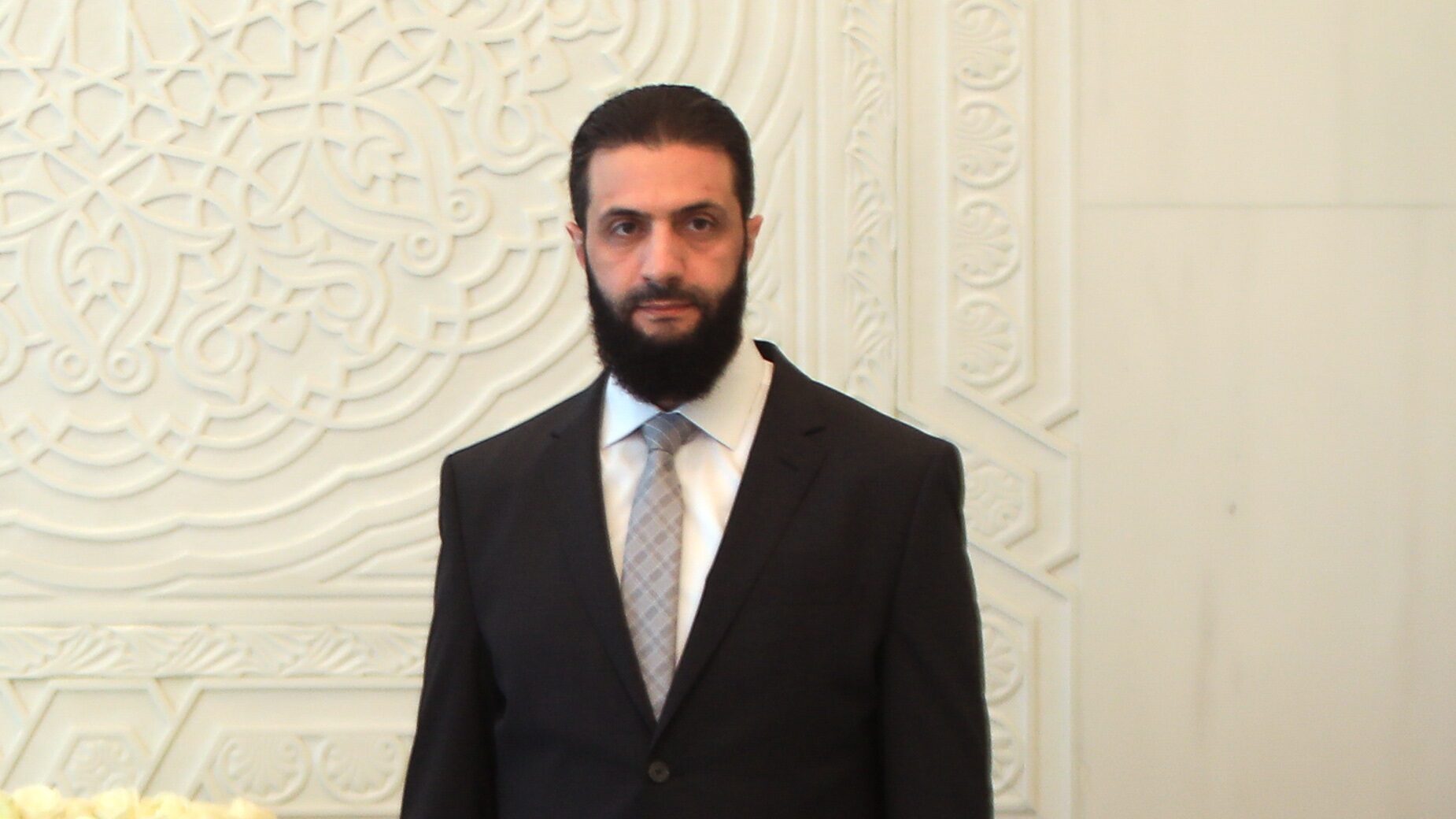Al-Sharaa Declares Syria Is ‘Not Afraid of War’ After Israel Strikes Defense Targets in Damascus
Syria’s interim President Ahmed al-Sharaa denounced Israel following a wave of Israeli airstrikes that hit defense ministry targets in Damascus on Wednesday, killing at least 15 government personnel, according to the Syrian Observatory for Human Rights. The strikes came in response to Syrian military operations in the southern As-Suwayda province, where Druze communities have been caught in a violent conflict involving state forces and armed groups.
In a nationally televised address, al-Sharaa accused Israel of launching “a wide-scale targeting of civilian and government facilities” and warned that such actions were driving the region toward escalation. “We reject any attempt to drag you into the hands of an external party,” al-Sharaa said in remarks directed at Druze citizens. “We have spent our lives facing challenges and defending our people, but we have put the interests of the Syrians before chaos and destruction.”
This holiday season, give to:
Truth and understanding
The Media Line's intrepid correspondents are in Israel, Gaza, Lebanon, Syria and Pakistan providing first-person reporting.
They all said they cover it.
We see it.
We report with just one agenda: the truth.


Israeli officials have not publicly confirmed the scope of the strikes, but the attacks reportedly focused on military infrastructure linked to units involved in operations against the Druze population in As-Suwayda. The airstrikes appear aimed at curbing Syrian government aggression and protecting minority communities under threat.
Over 350 people have been killed since Sunday in As-Suwayda, including 79 Druze fighters, 55 civilians, 27 of whom were reportedly executed by state forces, 189 government personnel, and 18 Bedouin fighters. The Syrian Observatory also reported the killing of journalist Hassan al-Zaabi by unidentified gunmen.
A ceasefire agreement was announced late on Wednesday between the Syrian government and some Druze leaders, but it remains unclear whether the deal has the full support of all Druze factions, raising concerns about its durability.
Tensions remain high across southern Syria, where local unrest and international intervention continue to fuel instability.

